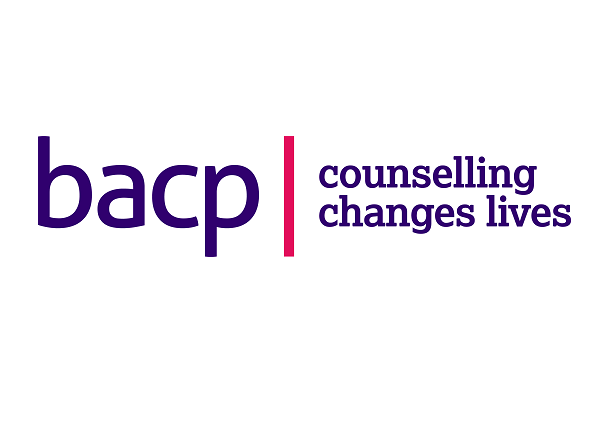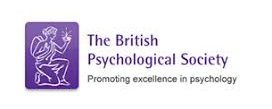
Perinatal and Postnatal Issues Therapy in Wimbledon, Queens Park & Online
Finding life after birth tougher than expected?
Feeling anxious or low instead of joyful?
Are relationships feeling the strain?
Understanding Perinatal and Postnatal Struggles
Perinatal and postnatal issues can affect anyone, not only new mothers. Partners, fathers, and family members often carry their own worries, or notice changes in someone they love. Postnatal depression, baby blues, birth trauma, anxiety during pregnancy, and the strain of sleepless nights can all impact mental health and relationships.
At times, you may feel you’ve lost your footing: a sense of identity shift, heightened sensitivity, or intrusive thoughts that make you question yourself. This is not a sign of weakness. It’s a common, human response to immense change.
At The Village Clinic, we don’t read this as weakness or lack of willpower. It’s a common, human response to immense change. If you’re wondering what to expect before starting, see our Fees and learn how to begin with our Getting Started guide.
In plain terms:
In new mums, the hormonal turmoil of early parenthood can turn the body’s alarm system up too high. Anxiety may feel constant, and depression can steal energy and joy from daily life. These responses don’t mean you’re failing. They are signs that your system is overwhelmed and in need of care.
Typical signs include:
- Tearfulness, mood swings, or sudden crying spells
- Persistent sadness or loss of interest
- Sense of detachment, or trouble bonding with the baby
- Anxiety, worry, or feeling constantly overwhelmed
- Exhaustion or trouble sleeping even when the baby rests
- Irritability, tension, or physical stress symptoms
- Fathers and partners feeling left out, guilty, or under pressure to “stay strong”
- Fathers and partners showing irritability, fatigue, or physical strain
Questions first? See our FAQs
Our integrative relational work is guided by Veronika Kloucek, Clinical Director and UKCP & BACP Senior Accredited Psychotherapist, ensuring therapy is grounded in clinical experience and authentic human care.
Perinatal & Postnatal Treatment That Goes Deeper
Early parenthood is not a box to tick off as “done.” It’s a seismic shift that reshapes identity, relationships, and the nervous system itself. Therapy offers more than short-term coping. It gives you a space to bring what feels too heavy or unspeakable into words – and to be met with care, rather than judgement. Our work can help you rediscover yourself in this new chapter.

Therapy Provides Space To:
- Explore your changing identity and relationships
- Work through fears of being “a good enough” parent
- Process birth trauma or pregnancy loss
- Ease anxiety and low mood through supportive strategies
- Reconnect you with yourself, not only your role as a parent
Our approach
Our approach isn’t one-size-fits-all. It’s relational and flexible, shaped with you. When perinatal & postnatal issues are the focus, this often means:
- Finding clarity and steadiness
- Rebuilding daily rhythm, energy, and motivation
- Processing difficult birth memories or trauma
- Simple tools to ease sleep, worry, and overwhelm you can use straight away
- Space to talk about guilt, pressure, identity shifts, and self-criticism
- Support for partners
Progress is paced with you, steady enough to build safety, flexible enough to adapt as your needs shift.
Your Questions, Answered
Yes. While mothers often experience the most direct postnatal challenges, partners and fathers can struggle too – or need support understanding what their loved one is going through.
Yes. Even if you’re “managing,” therapy can help you feel present, connected, and more alive – not just getting by.
Yes. We’ll help you hold clarity and calm amid change, finding language and boundaries that protect both your children and you.
Some ups and downs are expected after birth. But if your low mood, anxiety, or detachment feel persistent or overwhelming, therapy can help you find steadier ground.
Yes. Talking therapy is safe throughout pregnancy. It can be a valuable space to prepare for birth and the transition to parenthood.

Evidence and Further Reading
- NHS: Mental Health in Pregnancy
- Royal College of Psychiatry: Postnatal Depression
- Read our article on Postnatal Identity Shifts: Why Parenthood Changes More Than Sleep
- Read our article When You’re Snappy and Spent: A Short Reset for Parents
- Download: The Pause — a two-minute reset
Ready to Start Your Journey?
Learn what a first session looks like and how we can help you.




